Tom Allen on tackling football homophobia and surviving the bullies: ‘I was attacked in the canteen’
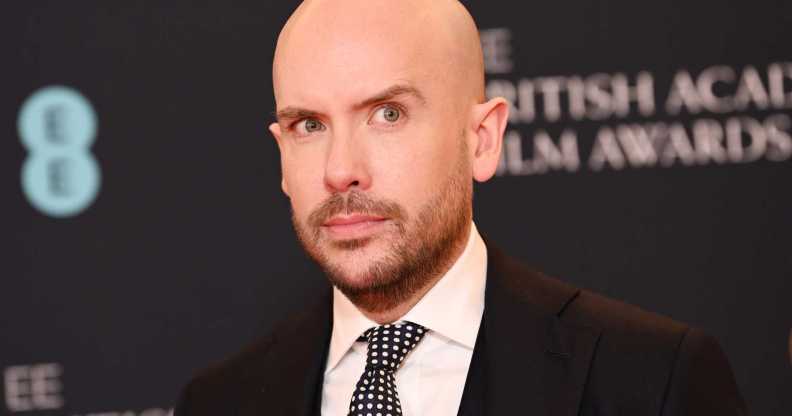
Tom Allen. (Getty)
Two years ago, gay comedian Tom Allen became a surprise addition to the Sky Sports football commentating line-up.
He was brilliant: wide-eyed, enthusiastic, and of course, camp, having joined Soccer Saturday around Stonewall and the Premier League’s LGBTQ+ football campaign, Rainbow Laces. After a particularly exciting goal, he shouted: “What’s gonna happen next? I need a hot chocolate!”
The reaction was mostly positive, but some people weren’t impressed.
“There was something that felt like a very subtle version of homophobia in some of the social media comments,” Tom tells PinkNews “I thought, well, I’m in a position where I’m relatively confident now in my life, and maybe it’s time to stand up to that and explore what that is.”
Now, he’s fronting a new EE campaign designed to tackle homophobia in the sport. The GayVAR video series encourages fans to take a stand when they see homophobic abuse online.
Growing up, Tom was suspicious of football – he knew queer kids like him weren’t likely to be readily accepted in the sport.
“I always felt like it wasn’t for me and that there was something about it that was a bit too macho or that might be a bit homophobic.”
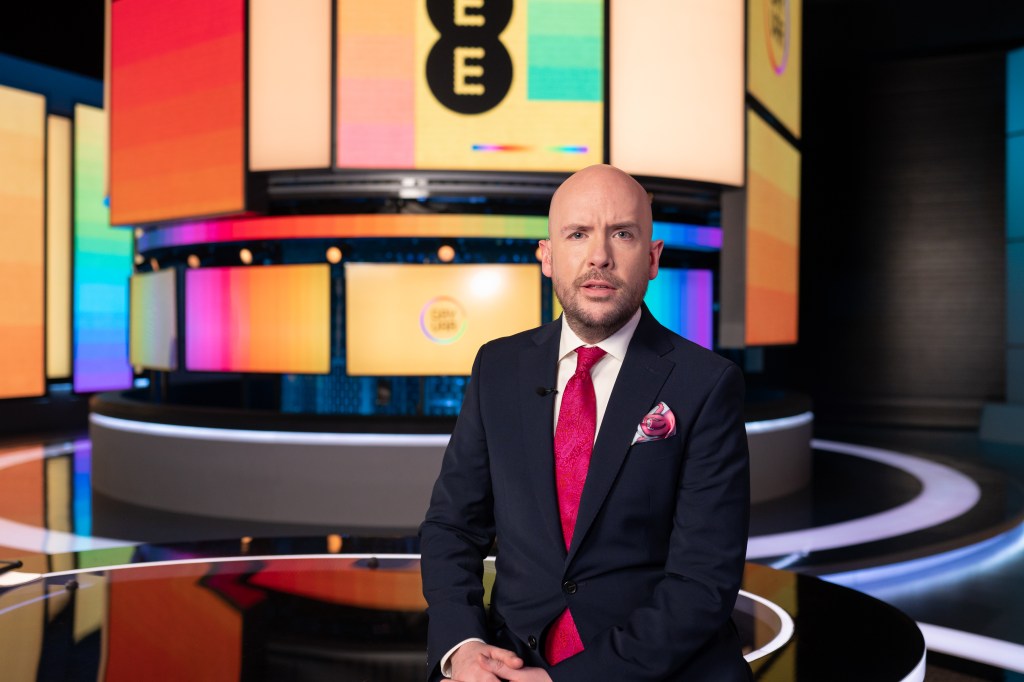
While things are undoubtedly better than they were when he was growing up, there’s still a long way to go.
“There is more of a sense that people are openly embraced – there are Pride groups for example, and all the clubs I’ve come into contact with have LGBTQIA+ supporter networks and that’s very positive.
“However, that’s not to say there isn’t still an element that’s not as supportive and not as welcoming, and that’s the thing we need to tackle.”
Section 28 pushed Tom Allen further into the closet
Tom Allen believes the issue comes, at least partly, from Section 28 – the law that banned the so-called promotion of homosexuality in schools from 1988 until 2000 in Scotland and 2003 in England and Wales.
He recalls the shame and the loneliness of feeling as if there was nobody out there who was like him.
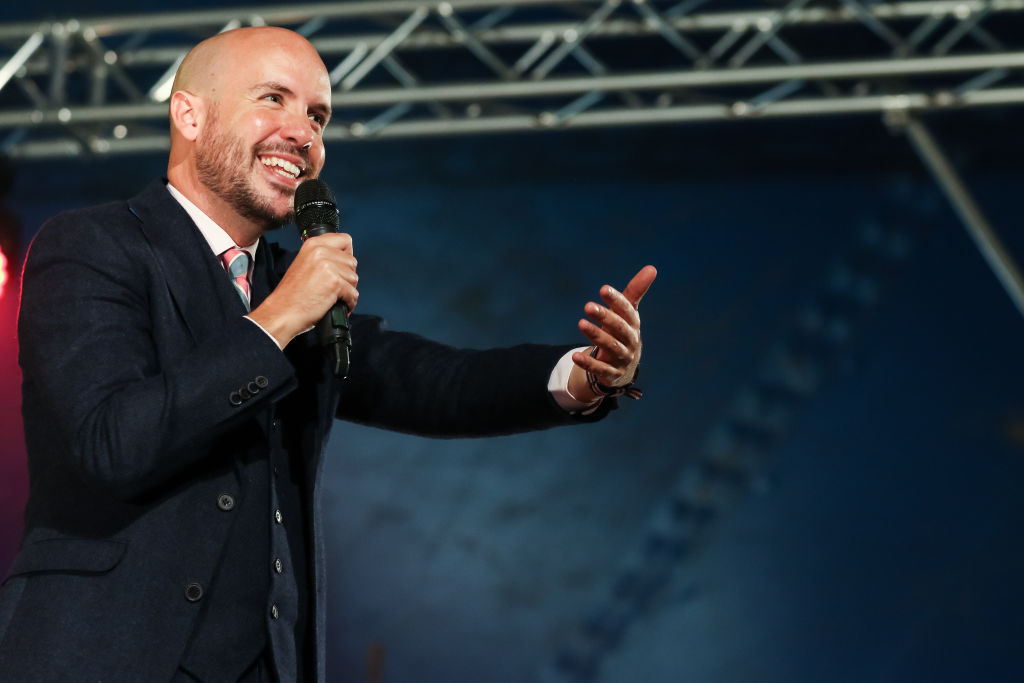
“There was no mention of being gay or queer at school, it was very much used as a slur and it was bandied around unchecked as a bad thing,” Tom says.
“There was no education, no one to turn to. There was no anti-bullying campaign that might counter any homophobic bullying and there was no LGBT History Month or Pride celebration.”
His only exposure to queerness were LGBTQ+ films that were shown on Channel 4 on a Saturday night. He remembers staying up late to watch them on an old black-and-white television a neighbour had given him.
“I’d be watching these films, which of course were in colour, but I was watching them in black-and-white with the sound turned down… it was like Charlie Chaplain or something,” he laughs.
It might sound charming, but the reality is that growing up gay in the 1980s and 1990s was a deeply isolating experience.
“It’s very damaging for a person to feel so ashamed of something that is innate,” he says. “Because of things like Section 28, that was ingrained into us through our education.
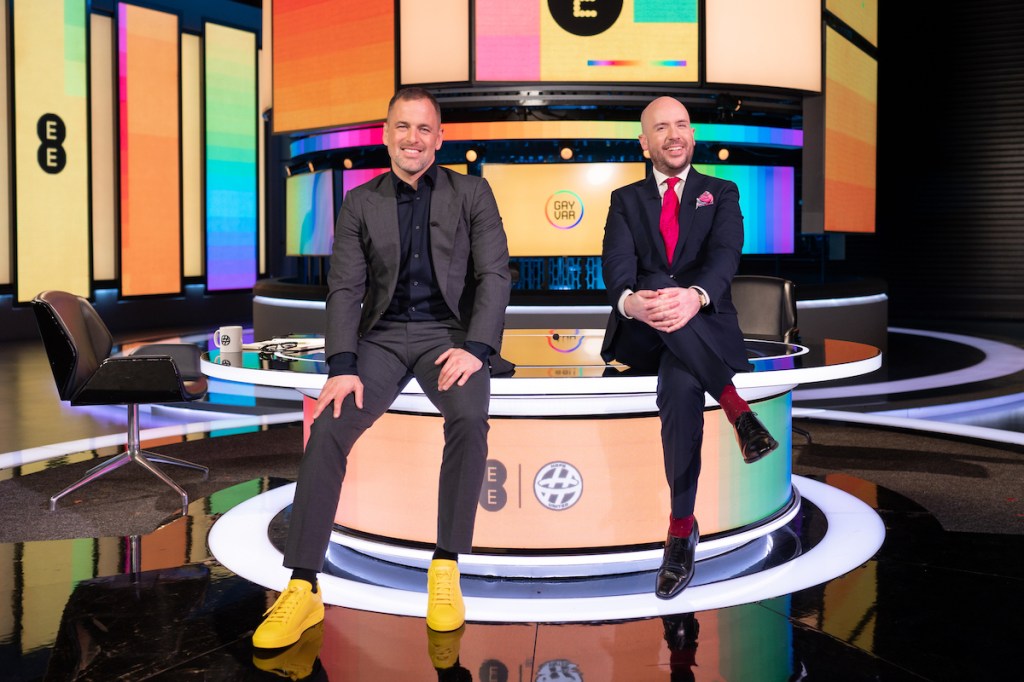
“I wasn’t out when I was at school – that was unthinkable – but a boy in the year above just thought I was looking at him and he attacked me in the middle of the canteen, and no one really did anything about it,” he recalls.
“The teachers didn’t really know what to do either, I suppose because it was illegal for them. I didn’t even think about it until I was in my twenties and someone said, ‘You know that was a homophobic attack?’”
Coming out is a journey – and not always an easy one
Because his experience growing up gay was so difficult, Tom didn’t come out to friends until he was 21. He waited even longer to tell his parents.
“Looking back, it’s kind of laughable – obviously the signs were there. I was a big fan of Elton John as a teenager when no one else was really following Elton [in my class],” he says.
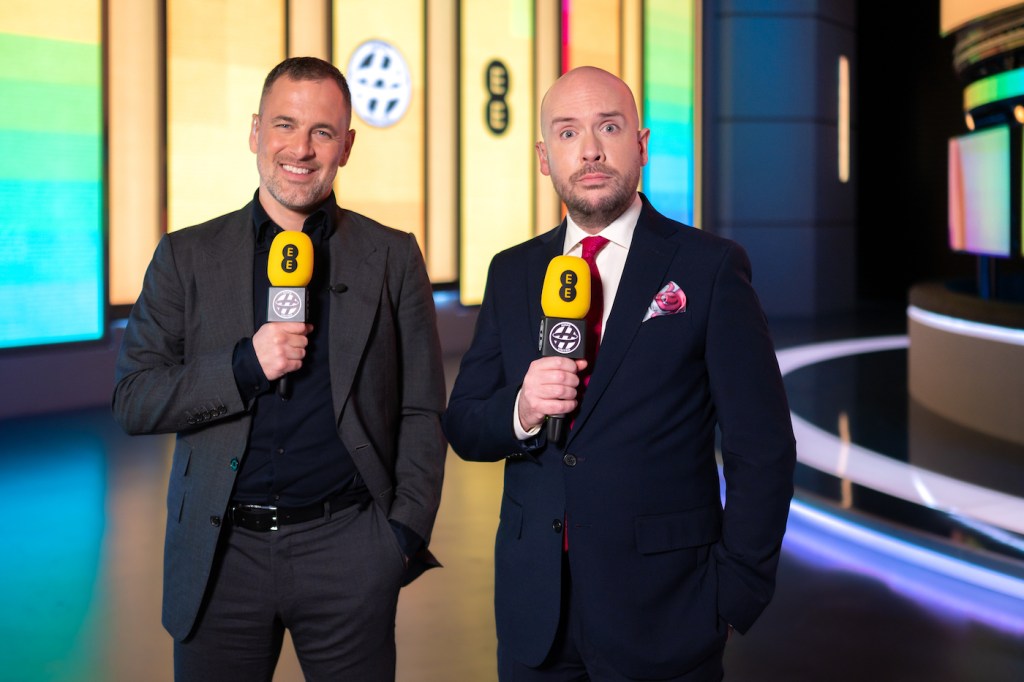
It was a friend’s advice – “You’re not here for a long time, you’re here for a good time” – that inspired him to open up about his sexuality.
“I think I just got tired… [why] am I trying to please all these other people? What about me?”
After he came out, Tom finally started to unpick the years of shame that had been ingrained into him – but it took a long time to work through the experience.
“If we get that messaging from schooling early on, it can weigh heavy on us… it took me until I was in my late thirties to be in a relationship and I suppose that’s sort of symptomatic of that.
“Coming out and Pride are a part of a longer-term journey in lots of ways, and that’s why I think campaigns like this are really important – because they support people.”
Growing up gay might not have been easy for Tom and his generation, but he hopes there’s a brighter future for LGBTQ+ youth today.
“My message would be to try not to worry. Just know that you are worth more than being unhappy.”
EE Hope United is rallying the UK to tackle online homophobic hate as part of EE’s commitment to digitally upskill the nation. Visit ee.co.uk/hopeunited

